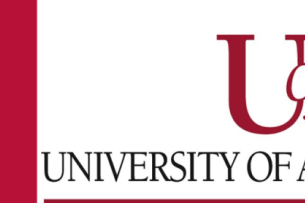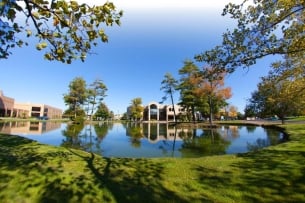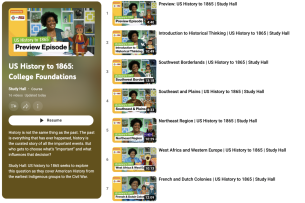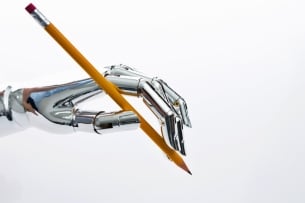Filter & Sort

Will University of Arkansas System Buy University of Phoenix?
After a local newspaper broke the story based on a leak, the two institutions confirmed they are discussing a potential deal.

An Unlikely Pairing
Hilbert College, a nonprofit Catholic institution in New York, is purchasing for-profit Valley College, which has four sites in Ohio and West Virginia. That makes for an unusual match.

YouTube-iversity
Arizona State University will soon offer credit-bearing courses that begin on YouTube. Is the behemoth online video-sharing website the missing ingredient in engaging more learners on the margins?

Opinion
Worried About ChatGPT? Don’t Be
ChatGPT raises questions about what we value in writing instruction, Hetal Thaker writes.

Opinion
A Message to Students About ‘The Bot’
In a world where students are taught to write like robots, it’s no surprise that a robot can write for them, Julia McKenzie Munemo writes.

Students and Experts Agree: TikTok Bans Are Useless
With cellular data and VPNs, it’s easy for students to circumvent the TikTok bans sweeping the nation’s universities. That makes experts wonder: What do these bans hope to achieve?

AI Writing Detection: A Losing Battle Worth Fighting
Human- and machine-generated prose may one day be indistinguishable. But that does not quell academics’ search for an answer to the question “What makes prose human?”

Opinion
Seeing Past the Dazzle of ChatGPT
To help put text generators in the proper perspective, we need to turn toward each other to determine guidelines for the use of such tools, Anna Mills writes.
Pagination
Pagination
- 75
- /
- 408